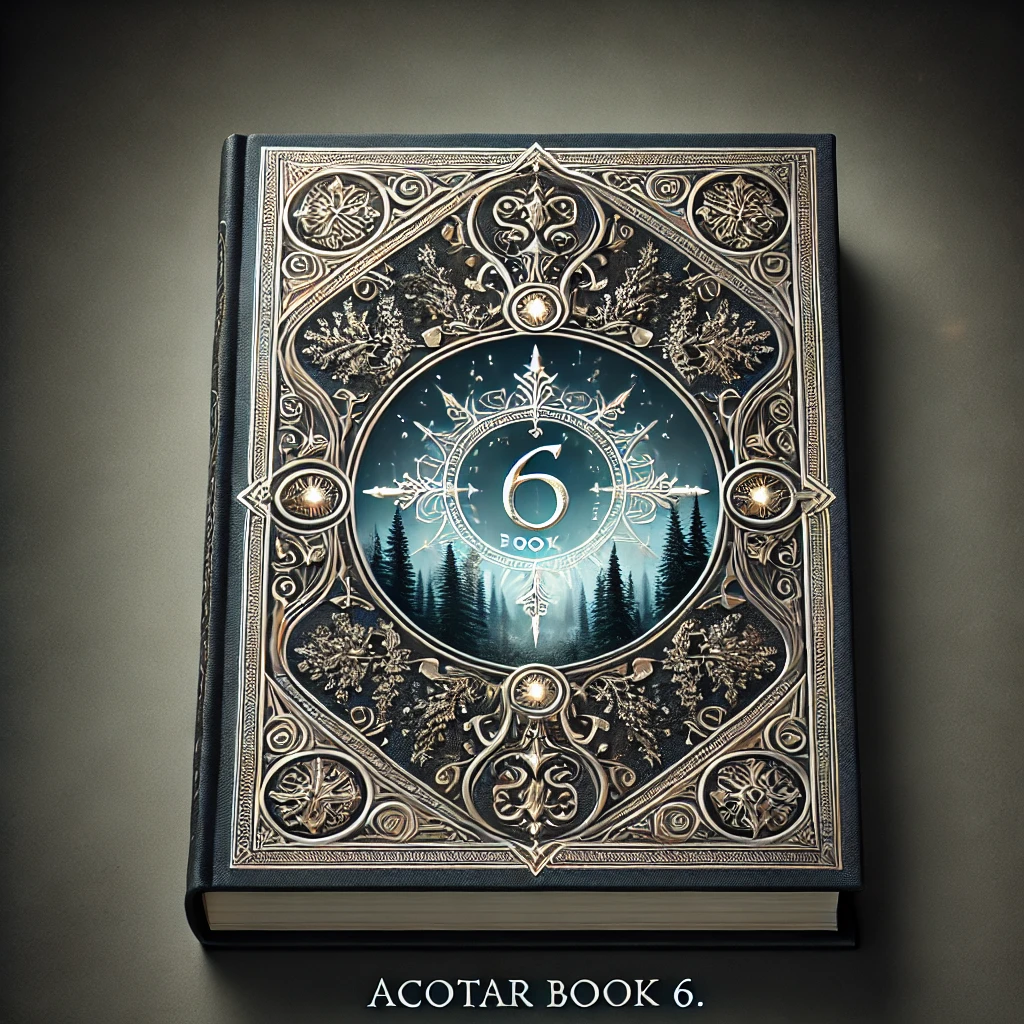In the ever-evolving world of Turkish media, Millieyt has consistently stood as a beacon of journalistic integrity and public discourse. Since its inception, it has been a critical voice, shaping both public opinion and national policies. Today, Millieyt is more than just a newspaper—it is a symbol of Turkey’s complex media landscape, reflecting the country’s political, social, and cultural shifts. Let’s dive into the fascinating history of Millieyt, its contribution to Turkish media, and its ongoing influence in the digital age.
The Birth and Evolution of Millieyt
Millieyt, which means “The Nation” in Turkish, was founded in 1950 by Ali Naci Karacan, a prominent Turkish journalist and publisher. From the start, Millieyt positioned itself as a newspaper that championed democracy, national unity, and social progress. Its first few decades were marked by strong editorial policies that tackled critical national issues, from Turkey’s post-war political realignments to its evolving relationship with the West.
Throughout its early years, Milliyet was not just a passive observer of Turkey’s transformation. The paper actively participated in shaping the national conversation. It frequently published investigative reports that exposed corruption and inefficiency, championed democratic reforms, and defended press freedom, even during times of political instability and military coups. Its commitment to journalistic ethics and quality reporting earned it a loyal readership.
Millieyt’s Role in Political Discourse
Like many newspapers in Turkey, Milliyet has always been at the center of political discourse. During the 1960s and 1970s, the newspaper played an influential role in shaping political thought. Turkey was experiencing a series of political upheavals, including military coups and transitions of power between conservative and progressive forces. During this tumultuous period, Milliyet provided a platform for diverse political opinions, giving space to both the establishment and dissenting voices.
One of the key milestones in Milliyet’s political engagement came with the assassination of its lead columnist, Abdi İpekçi, in 1979. İpekçi was a prominent journalist who advocated for democracy, human rights, and peace between Greece and Turkey. His assassination was a turning point not only for the newspaper but also for Turkish journalism as a whole. Milliyet’s unwavering stance in the face of such tragedy solidified its reputation as a fearless defender of free speech.
The Digital Transformation of Millieyt
As print media around the world began to face challenges in the 21st century, Milliyet also had to adapt to the digital age. In the early 2000s, it embraced digital transformation by launching a robust online platform. The digital version of Milliyet quickly became one of the most visited news portals in Turkey, offering timely news, in-depth analyses, and opinion pieces.
One of the key strengths of Milliyet’s digital presence is its ability to cater to a younger, tech-savvy audience while maintaining its commitment to quality journalism. It has incorporated multimedia features like video content, interactive graphics, and live updates, making it a comprehensive news source for Turkish readers across the globe.
Despite the challenges posed by the digital revolution and increasing competition from alternative news sources, Milliyet has managed to maintain its relevance. It continues to evolve with the times, ensuring that it remains a trusted source of information in Turkey’s rapidly changing media landscape.
Milliyet’s Influence on Turkish Media Culture
Over the decades, Milliyet has not only reflected but also shaped Turkish society. The paper has been a training ground for some of Turkey’s most respected journalists, including columnists and editors who have gone on to lead other major Turkish media outlets. Though occasionally tested by political pressures, its editorial independence has remained a hallmark of its identity.
The newspaper’s commitment to covering both national and international issues has made it a crucial source of information for decision-makers, intellectuals, and everyday citizens. From the rise of populism in Turkish politics to the country’s involvement in global affairs, Milliyet has covered every significant event with depth and clarity. This coverage has had a profound impact on public opinion, making Milliyet not just a news source, but a cultural institution in Turkey.
Also Read: From Script to Screen: Enhancing Your Videos with Text-to-Video AI and Dubbing AI
Challenges Facing Millieyt Today
Like many legacy media outlets, Milliyet faces significant challenges in today’s fast-paced, digitally-driven world. The rise of social media platforms, independent news portals, and citizen journalism has fragmented the media landscape. Readers now have more choices than ever before, and traditional newspapers like Milliyet must compete for attention in an increasingly crowded market.
Political pressures also continue to pose a challenge. Turkey’s media environment has grown more restrictive in recent years, with increasing government scrutiny and control over editorial content. Despite these challenges, Milliyet has managed to navigate these turbulent waters, striving to maintain its editorial integrity while adapting to new realities.
The Future of Millieyt in Turkish Media
As Milliyet looks to the future, it faces both challenges and opportunities. The newspaper’s continued relevance will depend on its ability to balance traditional journalistic values with the demands of a digital-first world. This means not only investing in new technologies but also continuing to uphold the standards of reporting that have made Milliyet a trusted name in Turkish media for more than seven decades.
By staying true to its roots while embracing innovation, Milliyet can continue to play a pivotal role in shaping Turkey’s media landscape. Its history of resilience in the face of adversity suggests that it is well-positioned to adapt to whatever challenges the future holds.
Conclusion
Milliyet remains a defining force in Turkish journalism, standing tall amidst the shifting tides of media evolution and political change. Its long-standing commitment to democratic values, balanced reporting, and journalistic excellence has cemented its place as a pillar in Turkey’s media landscape. As the newspaper continues to navigate the challenges of the digital age, including competition from alternative news sources and increasing political pressures, its resilience shines through. By embracing technological innovations and staying true to its core principles, Milliyet has not only adapted but has thrived, ensuring that its voice remains as vital as ever. Looking forward, its legacy of responsible journalism and dedication to informing the public ensures that Milliyet will continue to be a cornerstone of Turkish media for generations to come.
FAQs
What is Millieyt known for?
Milliyet is known for its commitment to democratic values, investigative journalism, and its role in shaping political discourse in Turkey.
Who founded Milliyet?
Milliyet was founded by Ali Naci Karacan in 1950, and it quickly became a leading voice in Turkish media.
What role did Millieyt play during political upheavals in Turkey?
During the political upheavals of the 1960s and 1970s, Milliyet provided a platform for diverse political opinions and became a critical voice in defending democratic values.
How has Millieyt adapted to the digital age?
Milliyet has embraced digital transformation by creating a strong online platform that includes multimedia content and caters to younger audiences.
What are the challenges facing Millieyt today?
Milliyet faces challenges such as political pressures, competition from new media platforms, and the need to stay relevant in the digital age.
What impact did the assassination of Abdi İpekçi have on Millieyt?
The assassination of Abdi İpekçi, a prominent Milliyet journalist, in 1979 was a significant event that underscored the paper’s commitment to free speech and journalistic integrity.





